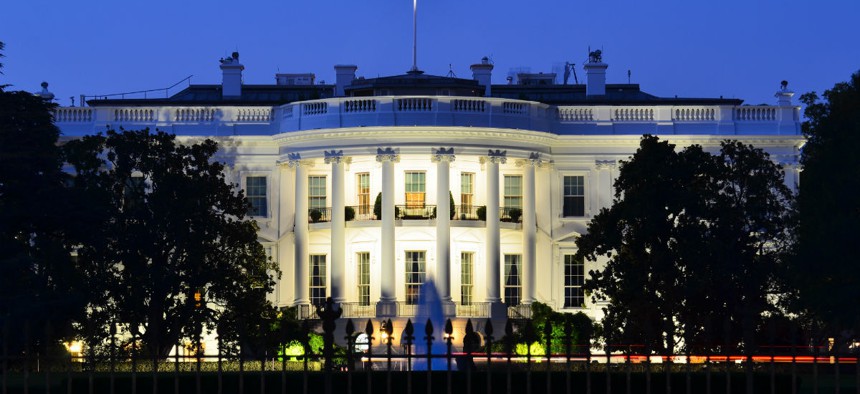White House Renews Bet on the Creativity of the Crowd

Orhan Cam/Shutterstock.com
On the fifth anniversary of Challenge.gov, the White House announced nine new innovation contests, open to the public.
Five years after unveiling Challenge.gov, the searchable directory of government-sponsored public innovation contests, the White House is ramping up its investment in the ingenuity of everyday citizens.
On Wednesday, the White House announced nine new development "challenges," many of which grant cash prizes for winners who offer the most promising solutions. New challenge topics include testing gun safety mechanisms and dreaming up ways to build structures using only materials found on other planets (potentially to help astronauts live there without bringing their own construction materials), among others.
The announcement adds to a growing federal interest in collaborating with the general public -- not just the private sector -- on technology and development problems.
Last week, the White House's Office of Science and Technology Policy released the “Federal Crowdsourcing and Citizen Science Toolkit," which aims to teach agencies how to collect information contributed by the public potentially for use in federal scientific studies. Shortly after that release, the Environmental Protection Agency announced plans to eventually get clearance for crowdsourcing information to refine its environmental models, among other strategies.
Over the past six years, more than 80 federal agencies have operated more than 440 challenges for more than $150 million in prizes, according to the White House. The General Services Administration has also announced plans to operate a new mentorship program, through which federal employees in agencies trying to set up their own competitions can learn from more experienced agencies.
New challenges include:
- An Education Department contest searching for a mobile app to help high school students choose careers and educational opportunities. The department has a cash prize pool of $225,000 and $240,000 in noncash prizes.
- A Health Resources and Services Administration contest offering $300,000 for ideas that could help low-income parents use more words when talking to their children. Researchers believe the so-called word gap between the vocabularies of children from low- and high-income families stems from a "substantial difference in exposure to language" at home.
- A joint EPA, U.S. Geological Survey and Education Department search for high school students who can create visualizations based on nutrient pollution and water quality data.
- A NASA challenge that would reward startups with new ideas for licensing and commercializing NASA technology and would encourage the winners to use prize money as seed funding for their new business.
- Another NASA challenge that would award $150,000 for ideas about how to use materials such as regolith and basalt from other planets to build structures.
- The "Gun Safety Technology Challenge" from the National Institute of Justice that would test how reliable firearms with advanced safety technology are.
Despite what appears to be growing enthusiasm for these challenges, at least one federal agency is still investigating the best way to run a public competition. In August, NASA announced it was seeking outside researchers who could help evaluate the contests themselves, and who could use data analytics to formulate better challenges.
(Image via Orhan Cam/Shutterstock.com)





